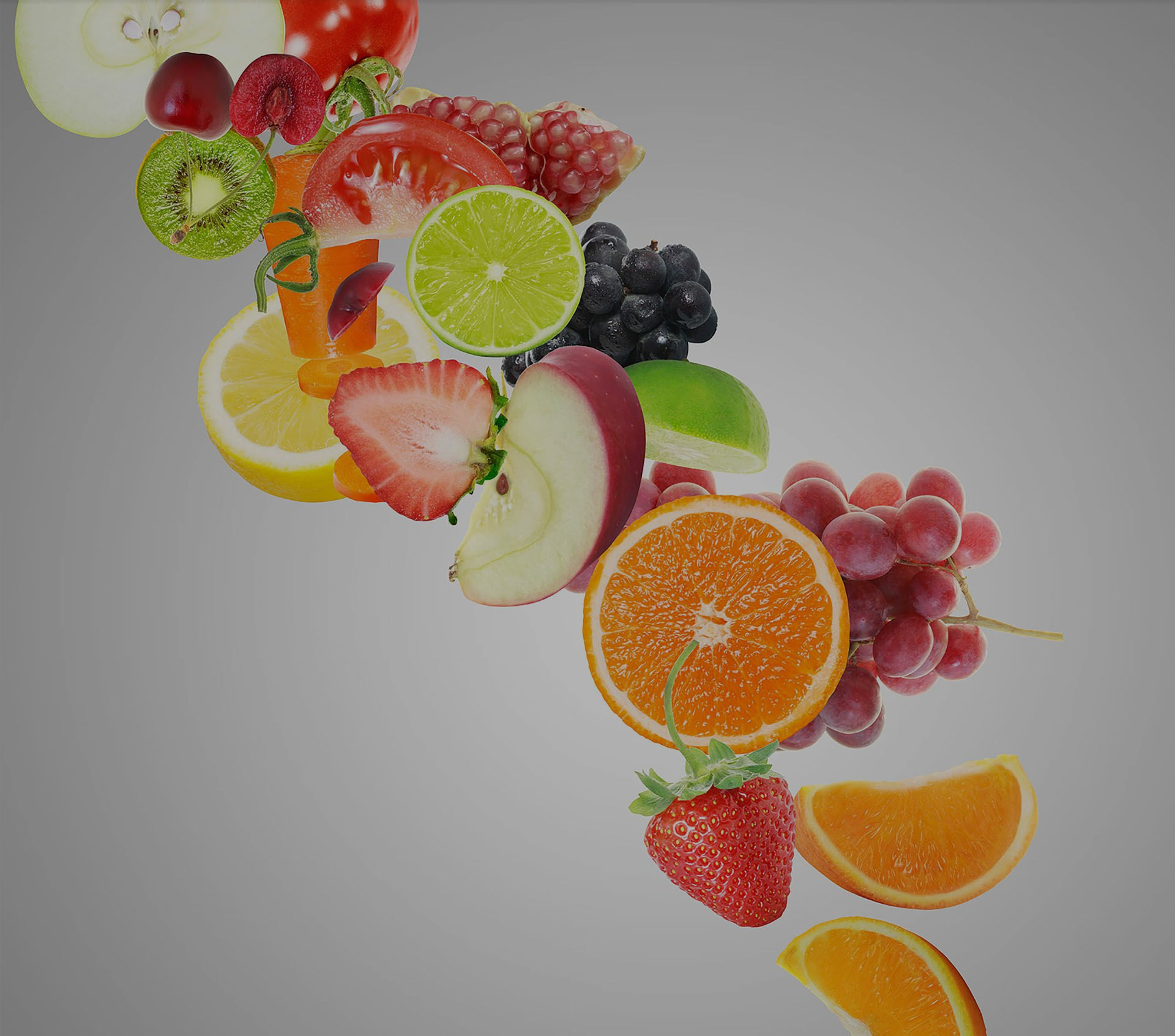

Hypertension is elevated blood pressure. It is measured as the top (systolic) and lower (diastolic). Normal values were 120/80 mmHg, a high normal to 139/89 mmHg. The values of 140/90 mmHg and higher are hypertension. Blood pressure is effectively reduced by changing eating habits and reducing weight. In patients with hypertension their sodium intake should be reduced, as well as the amount of ingested alcohol and terminate with further input. Diet should be rich in fresh fruit and vegetables, intake more fiber, limit the intake of fatty and unhealthy food. Regarding meat, I recommend lean meat and low-fat fish. People with hypertension should limit caffeine intake (coffee and green tea).
Psoriasis is a very common dermatoses. It can occur at any age but most often between 16 and 30 as well as the 50-60-years of age. The pathogen is unknown. Foods that are beneficial in the treatment of psoriasis affects the fish like salmon, sardines, trout, tuna and mackerel because they contain omega-3 fatty acids. Carrots, apricots, mango and green leafy vegetables are rich in beta-carotene, which the body converts to vitamin A, which is essential for healthy skin. Linseed is also a rich source of omega-3 fatty acids, as well as sunflower seeds and sesame seeds. Brazil nuts are a rich source of selenium. Cereals, brown bread and yeast extracts which are rich in folic acid deficiency could be corrected by this vitamin. Broccoli, cabbage and other vegetables green leaves are rich in folate, the natural form of folic acid. It should limit the intake of red meat, processed meat, alcohol, citrus fruits, carbonated drinks.
Eating disorder most often occurs as a result of being on restrictive diets, in people who are emotionally and psychologically vulnerable, i.e. those working in the self-destruction of their own health, practicing holding irregular diet, taking untested dietary supplements and determining their own ideal weight, which is usually well below adequate.
Lack of ferrum-anemia is one of the most common diseases caused by the inappropriate and improper diet. The first symptoms of iron deficiency occur well before the occurrence of anemia and fatigue, feeling of weakness, paleness, headache, irritability, palpitations, fatigue, lack of concentration, decreased resistance and resistance to infection. The diet should be balanced on the basis of blood counts. Since foods are recommended mushrooms, dried fruit, egg yolk, fish - especially tuna, then legumes, beets, spinach, radishes, meat - especially chicken and turkey.
Improper and irregular ISHR, many years of taking drugs that damage the lining of the stomach and stress lead to Gastrīts. The symptoms are most common in the stomach bloating, nausea and vomiting acidic content. Proper nutrition is based on the input of several smaller meals during the day, of the foods recommended digestible - low fat dairy products, fresh salads, and whole grains, meat and fish should also be low fat. Eat legumes limited, it is very important and makes you own meals, avoiding spices and liquor.
Insulin resistance is a condition in which body cells do not respond to insulin so that insulin can not realize its biological effect. Insulin is thereby present at concentrations which are otherwise effective in healthy people. To counter the resistance of cells, the body produces increased amounts of insulin, its level in the blood increases and the resulting hyperinsulinemia. From the food to throw out sodas and alcohol. It is important when planning the diet to follow the glycemic index foods, I recommend low-fat fish that is rich in omega 3 fatty acids, which the vegetables should not be overcooked because boiling releases sugar. Fruits should be eaten a limited salads are limitless allowed.